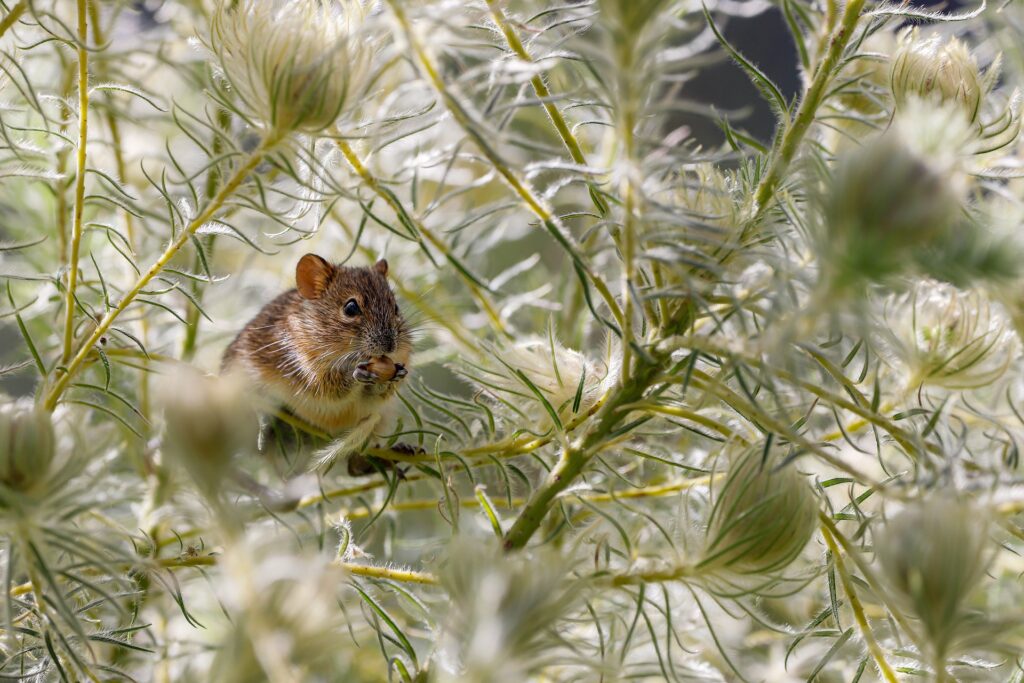For many homeowners, the fight against unwanted pests feels like a constant battle. But did you know that adapting your strategies to the changing seasons can improve your chances of winning this war? Enter: seasonal pest control.
Throughout the year, different pests become more active depending on weather conditions. Understanding these seasonal shifts and taking targeted proactive measures can create a more complete defense against household infestations.
This guide will explore seasonal pest control concerns and outline actionable strategies to help keep your home protected year-round.
Pest Control Summer

Summer’s warm temperatures and increased humidity create a breeding bonanza for many pests. Here are some common summer invaders and tips for keeping them under control:
- Ants: Hot, dry weather compels ants to seek out water sources indoors. Seal cracks around windows, doors, and foundations to prevent entry. Store food in airtight containers and address any moisture issues inside your home.
- Mosquitoes: These buzzing nuisances thrive in stagnant water. Eliminate potential breeding grounds by emptying birdbaths weekly and ensuring proper drainage around your property.
- Rodents: While less active in extreme heat, rodents can still become a nuisance in summer. Keep your kitchen clean, free of crumbs, and store trash in closed bins with tight-fitting lids. Address any potential entry points around your foundation and exterior walls.
Pest Control Winter

When winter’s chill sets in, pests look for warm, sheltered areas to survive. Here’s what to watch out for and how to reduce winter infestations:
- Rodents: As the temperature drops, mice and rats become more likely to invade your home, seeking warmth and food sources. Block any potential entry points around pipes, foundation cracks, and utility lines. Store firewood away from your house, and keep basements and crawl spaces well-ventilated.
- Spiders: Cold weather drives spiders indoors in search of shelter. Regularly vacuum webs and remove spider egg sacs you may find around your home. Address entry points around windows, doors, and basements.
- Cockroaches: These year-round pests become more active indoors during winter to hunt for warmth and moisture. Address any leaks or moisture problems in your home, and ensure proper ventilation in kitchens and bathrooms. Some store-bought traps or bait may afford some relief, but any serious presence likely requires reaching out to a professional Cockroach removal service.
Transitional Periods for Pest Activity

Spring and fall are transitional seasons when pest activity can fluctuate. However, it’s still crucial to remain vigilant during these times:
- Spring: As the weather warms, be on the lookout for emerging insects. Regularly inspect your property for potential nesting sites and address them promptly.
- Fall: Before winter arrives, take steps to prevent pests from seeking shelter in your home. Seal cracks and gaps around windows, doors, and the foundation. Trim back tree branches overhanging your roofline, as they can serve as entry points for unwanted guests.
Consistent proactive measures are key to successful seasonal pest control.
Building a Year-Round Defense

Seasonal pest control isn’t a one-time fix. It’s an ongoing process that requires vigilance and adaptation throughout the year.
Even small actions like sealing cracks, managing moisture issues, and maintaining a clean environment can make a big difference. For comprehensive protection and expert guidance, consider partnering with a professional pest control service. They can provide a customized plan that addresses your specific needs and ensures a year-round defense against unwanted invaders.
Partnering with a reputable pest control service can provide an extra layer of protection and ensure a detailed approach to seasonal pest management throughout the year.
Don’t wait for a full-blown infestation to take action. By being proactive and adapting your strategies with the seasons, you can enjoy a pest-controlled home all year round. Contact Aptive today.









